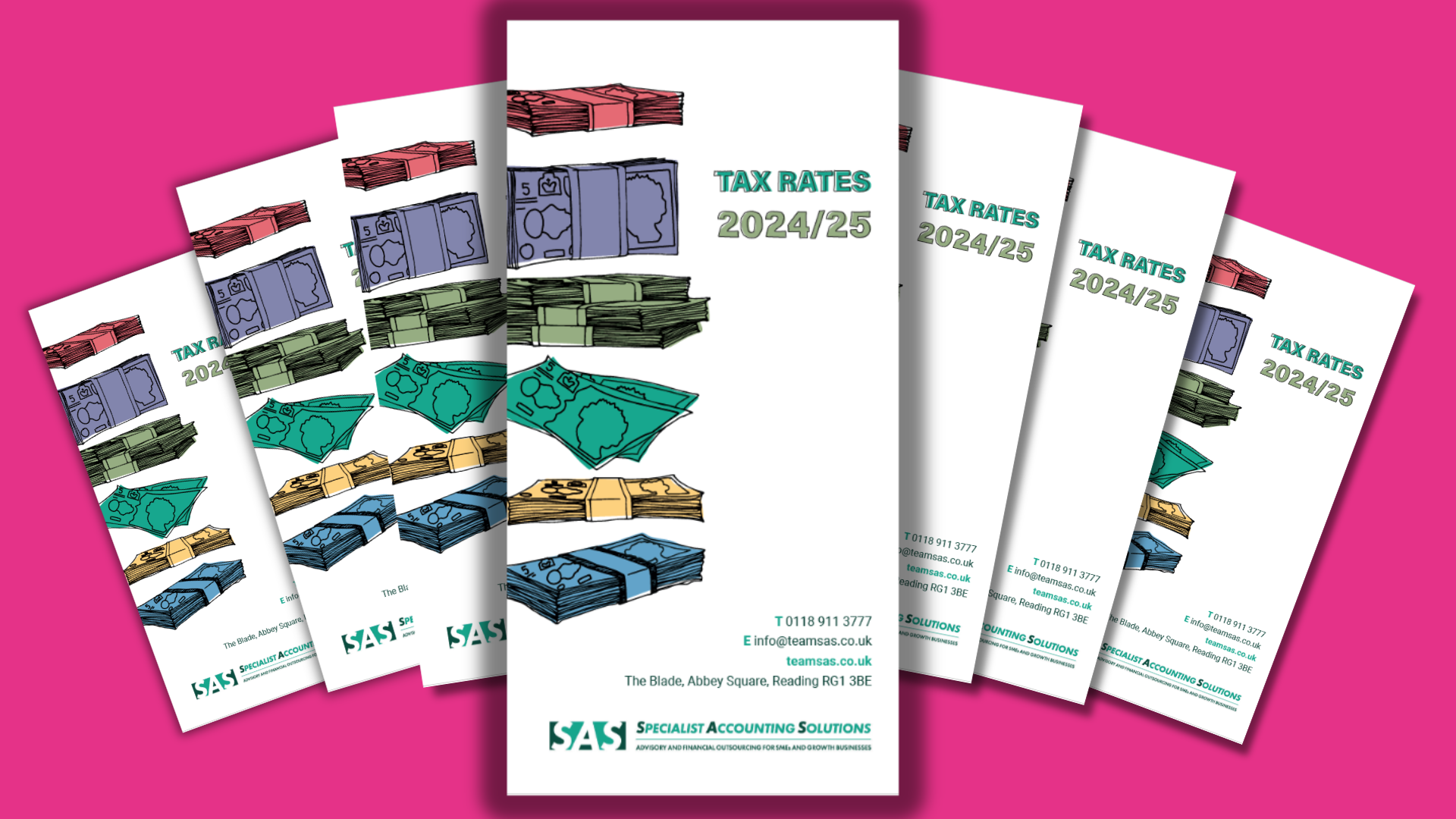One of the keys to raise capital successfully is approaching the appropriate funder based on the company’s requirements and level of security available. The types of funders broadly fall into two categories, either Debt or Equity.
Debt Funders
Banks

- There are a variety of fixed and variable rate, short and long term loans available, often secured against the assets of the business
- Many banks also offer invoice and asset financing (see below) to assist with working capital funding.
Invoice Financing / Asset Based Lenders
- These lenders secure their loans against the assets of the business, including trade debtors, property, plant and equipment and inventory
- Interest rates are typically lower than unsecured commercial loans
- See also https://teamsas.co.uk/raising-capital/
Crowdfunding
- There are several crowdfunding platforms specialising in debt. These are known as peer-to-peer lenders (P2P) as they are not banks. P2P websites work like marketplaces that bring together people or businesses that want to lend with those seeking a loan
- Funding Circle is probably the UK’s best-known P2P lender.
Mezzanine
- A hybrid (mix) of debt and equity financing that gives the lender the right to convert to an ownership or equity interest in the company if there is a breach of the lending terms. This conversion right is used a mechanism for the funders’ downside protection
- Lenders typically seek returns between 10% and 20% as the mezzanine funding is usually unsecured.
Equity Funders
Private Equity
- Consists of investors and funds that make investments directly into (relatively established) private companies in return for a share of equity.
- Funds are typically used to finance growth (e.g. as part of a Management Buyout) and/or acquisitions.
Venture Capital
- In contrast to private equity, the Venture Capitalists (“VCs”) tend to invest in smaller, less established businesses with exceptionally high growth potential.
Crowdfunding
- There are several crowdfunding platforms where business can raise capital by selling equity. The best-known equity crowdfunding platforms in the UK are seedrs and crowdcube. In October 2020 they announced their intention to merge.
Capital Markets
- Firms can raise cash via an IPO (i.e. stock market flotation)
- This is often used as an exit route for businesses which have been backed by private equity.
Government / HMRC
A third, sometimes underexplored source of capital is the UK Government.
Grants
- There also Government Grants, in particular for innovative businesses working on emerging technologies, processes and opportunities.
- A government grant is a sum of money awarded by the government that does not need to be repaid. It is therefore non-dilutive, which means no equity is given away in exchange for these grants.
- Many business use specialist grant application firms to apply. Here is an example https://grantedltd.co.uk/
Research and Development (R&D) Tax Credits
- Successful R&D tax claims result in your business either receiving a cash payment from the government and/or a Corporation Tax reduction.
- R&D tax credits are aimed at businesses to promote investment in their R&D.
- Similar to grant applications, there a specialist firm that almost exclusively deal with R&D tax claims, here is one of them https://cbtax.co.uk/about/.








